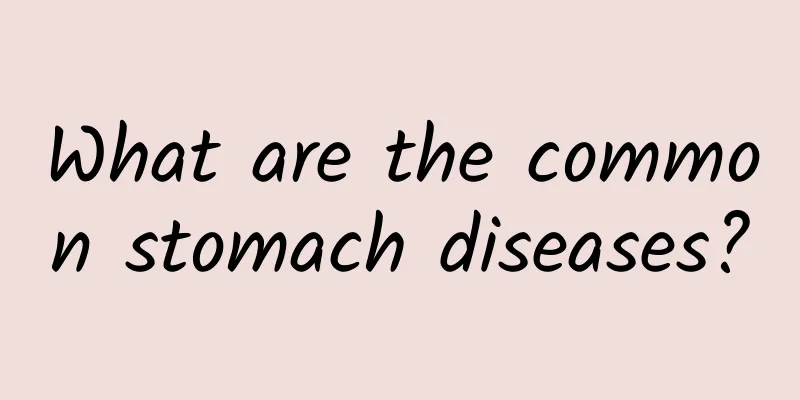Side effects of phenolphthalein tablets

|
Many of you have heard of phenolphthalein tablets, which, as the name suggests, are tablets made of phenolphthalein. Many people simply regard phenolphthalein tablets as laxatives, thinking that they help excretion and will not cause much harm to the body. In fact, this is not the case. Although phenolphthalein tablets are very effective for constipation, they are toxic to the body and long-term use will still cause damage to the body. Next, we will introduce the side effects of long-term use of phenolphthalein tablets. Generally speaking, stubborn constipation has the following characteristics: stubborn constipation is a type of disease that gradually causes difficulty in defecation at different age groups due to congenital variations in the anatomical structure of the colon and rectum. Intractable constipation is a disease that cannot be cured by non-surgical treatment or drug treatment. Phenolphthalein tablets are white or slightly yellow tablets. Used to treat habitual and stubborn constipation. This drug mainly acts on the colon. After oral administration, it is slowly decomposed under the action of alkaline intestinal fluid in the small intestine to form soluble sodium salt, thereby stimulating the nerve plexus in the intestinal wall and directly acting on the intestinal smooth muscle, increasing intestinal peristalsis and promoting fecal excretion. Its effect is mild and long-lasting. Soft stools will be excreted 4-8 hours after taking the medicine. The effect of a single dose can last for 3-4 days. It is suitable for habitual and stubborn constipation. So, will there be any side effects from long-term use of phenolphthalein tablets? Regarding this issue, experts have learned that in clinical practice, phenolphthalein tablets are taken orally, with adults taking 1/2 to 2 tablets at a time, children aged 2 to 5 years old taking 1/10 to 1/5 tablet each time, and children over 6 years old taking 1/4 to 1/2 tablet each time. The dosage can be increased or decreased according to the patient's condition and taken before bedtime. However, phenolphthalein tablets may also have some side effects. Allergic reactions caused by phenolphthalein are rare in clinical practice, but may occasionally cause dermatitis, drug rash, itching, burning pain, enteritis, bleeding tendency, etc. In addition, phenolphthalein tablets are contraindicated in patients with appendicitis, undiagnosed rectal bleeding, congestive heart failure, hypertension, fecal obstruction, and intestinal obstruction. During medication, phenolphthalein tablets need to be used with caution. For example, using phenolphthalein tablets together with alkaline drugs such as sodium bicarbonate and magnesium oxide can cause discoloration of stool. At the same time, phenolphthalein tablets should not be taken in excess to avoid causing more serious complications. |
<<: What to do if the sugar clumps
>>: Effects of phenolphthalein tablets
Recommend
The reason why girls can't close their legs
The appearance of human bones is first determined...
Eating ice causes diarrhea
Everyone's gastrointestinal function is diffe...
Causes of acne under the right cheek
Generally speaking, acne is caused by excessive o...
Influenza is a type of infectious disease
Influenza is an infectious virus infection with a...
Causes and hazards of early menstruation
Early menstruation is quite common in life. There...
What to do if you have a cold or fever
Cold is a very common disease. This kind of disea...
Red, dry skin around the nose
The area around the nose of many people is always...
Early signs of pancreatitis, do you have these 6 symptoms?
Pancreatitis is extremely harmful to the body. Ea...
Traditional Chinese medicine diagnosis can reveal your body diseases
Modern facial diagnosis was developed under the g...
Thyroid iodine 131 test
People often need to undergo physical examination...
What are the effects, functions and ways to eat red ginseng?
Red ginseng is a traditional Chinese medicinal ma...
The difference between Bupleurum chinense and Bupleurum chinense
Most people are not familiar with the two foods t...
What are the early symptoms of anal impotence?
Anal impotence is a common disease in the anal ar...
What happens if anemia is severe?
Anemia is a common disease in life. It is often c...
Pictures of Acanthopanax senticosus
Acanthopanax senticosus, also known as Acanthopan...









